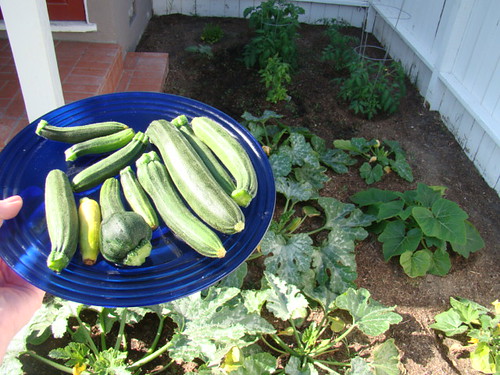Organic gardening is something that many people have but never take on the challenge.
Plant strawberries for your children in the organic garden. Children will be much more willing to help you if they can pluck their own fruit from the garden.
After your seeds have sprouted, it is not as important to keep them warm. Keep a close watch on your seeds so you will know when this should be done.
This will also gives your flowers appear beautiful and finished all year long.
Coffee Grounds
Coffee grounds work great addition to soil.Coffee grounds have nitrogen that plants will benefit your plants.
Your compost pile should contain green plant materials and dried ones in equal amounts. Green plant material consists of spent flowers, fruit waste, grass clippings, grass clippings, and leaves. Dried plant material includes straw, cardboard, sawdust, straw, and dried and cut-up woody material. Avoid ashes, charcoal, diseased plants and meat-eating animal manure.
Do you want to know how to kill weeds naturally? You need many layers of newspapers. Weeds need sunlight in order to grow. The layers of newspaper will block sunlight and weeds because they no longer receive any sunlight. Newspapers tend to break down nicely over time to become part of the compost.You can then add a mulch on top for aesthetic reasons.
Some typical examples include ageratum and ageratum. If you are not sure whether your seeds need to be exposed to sunlight, you can find out online or through the seeds’ package.
Fill the jar with beer within one inch below the top. The beer will bait the slugs and they end up trapped.
Adjust your watering according to season and climate.For example, if you live in a warm, you should not water the leaves because it will encourage leaf fungus.
Any gardening can connect you with Mother Nature, but organic gardening takes this concept to the next level.
By changing up varieties and locations, you will be able to ward off disease and fungus naturally.
Tomato Seedlings
When buying tomato seedlings, keep an eye on lush green starts with root systems that are bad. These starts can stay on the tomato seedlings for a long time, inhibiting their growth.
You must be sure to mulch your garden or flowerbed with about three inches of organic material. This affects your garden in a variety of ways, holding in moisture levels, locking in moisture, and creating a noticeably more professional look.
Think about what you buy to use while getting ready to garden. Try using natural alternatives instead of the typical chemical fertilizers. Compost is a great example of fertilizer.
Be specific about what you would like to grow in the organic garden. Different variations of a particular flower or vegetable require different kinds of environments. For instance, of the numerous varieties of roses, whilst others will wilt and die. Make sure you find varieties that fit into your gardening situation.
By keeping in mind all that you learned from this article, you can grow your own organic garden with confidence. Apply these tips and you will quickly be eating luscious and wholesome foods, that you grew yourself!

